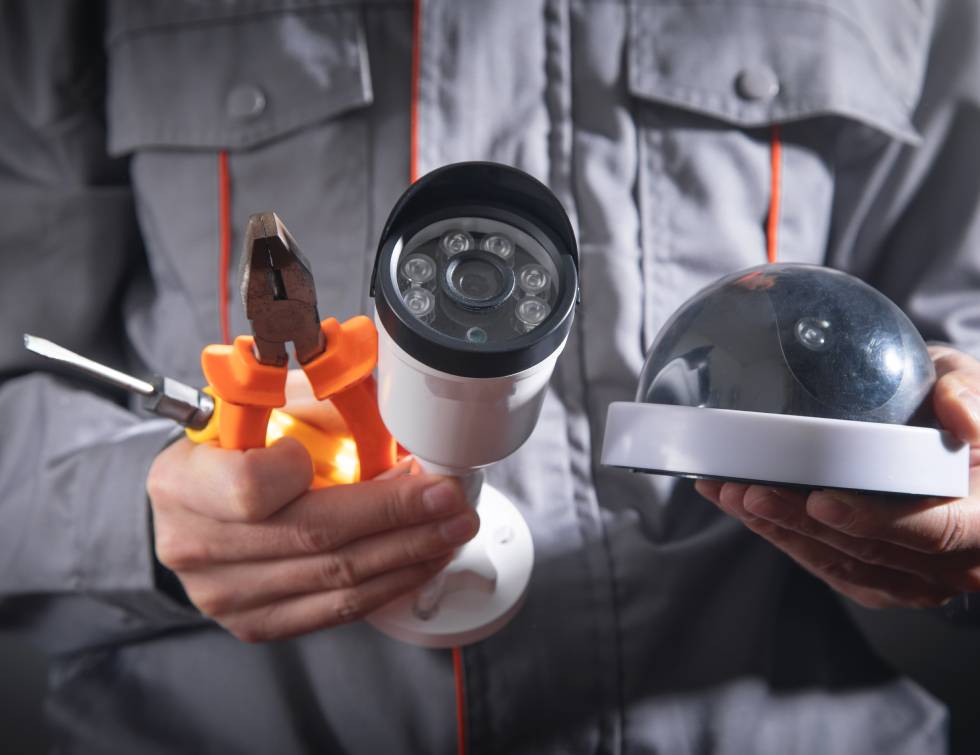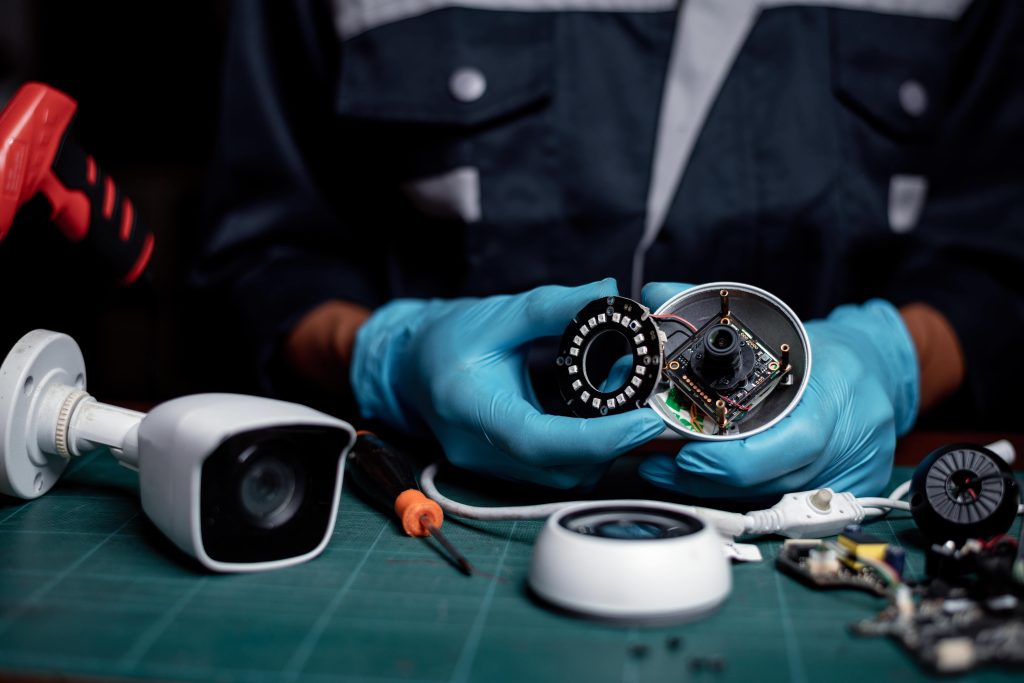In today’s ever-evolving world, ensuring the safety and security of your business is more crucial than ever. With the rapid growth of technology and increasing instances of crime, understanding and implementing effective security systems is a must for businesses of all sizes. This guide will walk you through the importance of security and the various systems available to safeguard your assets.
Understanding the Importance of Business Security
Business security is not merely an expense; it is an investment in the protection of your company’s resources, data, and personnel. The peace of mind that comes from knowing your business is protected can significantly enhance productivity and employee morale.
The Role of Security Systems in Protecting Assets
Security systems serve as the first line of defence against potential threats. They encompass a range of technologies, including alarms, surveillance cameras, and access control measures, designed to deter, detect, and respond to unauthorized access or criminal activity.
Moreover, the presence of a robust security system can discourage intruders. A simple ‘CCTV in operation’ sign can be just as effective as the cameras themselves, as many individuals will think twice before attempting to break in.
The Impact of Security Breaches on Businesses
Security breaches can have devastating consequences, not just in terms of physical losses, but also reputation and customer trust. When a business experiences a breach, it can lead to significant financial losses, legal issues, and a tarnished image that may take years to rebuild.
Furthermore, the emotional toll on employees and stakeholders can be substantial. Understanding these potential impacts highlights the necessity of having a solid security system in place to ward off threats before they escalate.
Identifying Your Business’s Security Needs
Before you jump into selecting a security system, it’s important to first identify the specific needs of your business. This requires a careful assessment of your unique circumstances, environments, and potential vulnerabilities.
Assessing Potential Threats and Vulnerabilities
Start by conducting a thorough assessment of your premises. Identify areas that are prone to risks, such as poorly lit spaces, unsecured entrances, or valuable assets that are easily accessible. Engaging a security consultant can provide insights into what’s needed for your specific business environment.
Moreover, consider the nature of your business. Are you operating in a high-crime area? Do you deal with sensitive customer data? Each factor plays a critical role in shaping your security requirements.
Determining the Level of Security Required
After recognising potential threats, the next step is to determine the appropriate level of security needed. This can vary greatly depending on your industry and the size of your operations.

For instance, retail businesses may benefit from comprehensive surveillance systems, while a small office may require only basic alarm systems. It’s all about tailoring your security measures to effectively manage the specific risks your business faces.
Types of Security Systems for Businesses
Now that you’ve established your security needs, let’s take a closer look at some common types of security systems available to businesses.
Intrusion Detection Systems
Intrusion detection systems (IDS) are designed to detect unauthorized entry into a designated area. They often include motion sensors, glass break detectors, and door/window contacts. When an intrusion is detected, these systems can trigger alarms, alerting you or security personnel to the threat.
Modern IDS can be integrated with mobile applications, allowing you to monitor security remotely and receive real-time alerts on your smartphone.
Video Surveillance Systems
Video surveillance systems are invaluable for monitoring activity in and around your business premises. These systems can deter criminal activity and provide evidence in the event of a crime.
With advances in technology, many video surveillance systems now offer high-definition cameras, night vision, and cloud storage, making it easier to access footage whenever needed.
Access Control Systems
Access control systems regulate who can enter specific areas of your business. They typically include keycard systems, biometric scanners, and intercoms. This technology ensures that only authorized personnel can gain access to sensitive areas.
Implementing an access control system also allows businesses to keep track of who enters and exits the building, providing an additional layer of security. Click here to get about top commercial security solutions for small businesses
Key Features to Look for in a Security System
Choosing the right security system involves more than just selecting the latest technology. You need to identify key features that meet your specific requirements.
Real-Time Monitoring Capabilities
Real-time monitoring can be an invaluable feature that alerts you to issues as they occur. This feature is vital for the swift response to threats, decreasing the likelihood of loss or damage.
Look for systems that offer 24/7 monitoring services, ensuring that your premises are watched around the clock.

Integration with Other Systems
As businesses often use multiple technological solutions, it’s essential to consider security systems that can integrate with existing software and systems. A cohesive security solution can streamline processes, making it easy to monitor and manage various aspects of your operation.
Integration can also improve the efficiency of your security measures, providing a comprehensive overview of your overall security status.
Ease of Use and Maintenance
Lastly, the security system should be easy to use. Complicated systems can lead to user error, which may leave your business vulnerable. Opt for user-friendly solutions that allow staff to operate them with minimal training.
Furthermore, consider the maintenance requirements of the system you choose. Regular upkeep ensures that your technology remains functional and reliable over time.
Implementing a Security System in Your Business
Now that you’ve identified the types of systems and key features you’re interested in, it’s time to implement your chosen security solution.
Choosing the Right Security Provider
Selecting a reputable security provider is critical to the effective implementation of your system. Research potential providers thoroughly, check reviews, and compare their services before making a decision.
A good provider should understand your needs, offer tailored solutions, and provide ongoing support and training.
Training Staff on Security Protocols
No security system can operate effectively without trained personnel. Ensure that your staff understands how to use the security systems in place and is aware of their roles and responsibilities in maintaining security.
Regular training sessions can help keep everyone informed and prepared to respond effectively in any situation.
Regularly Reviewing and Updating Your Security Measures
Finally, remember that security is an ongoing process. Regularly review and update your security measures to adapt to changing threats and circumstances in your business environment.
By conducting regular assessments and staying informed about new technologies and methods, you can ensure that your business remains secure for years to come.
In conclusion, investing in a robust security system is vital for any business looking to protect its assets, data, and people. By understanding your security needs and choosing the right systems, you can create a safe work environment conducive to growth and success.
